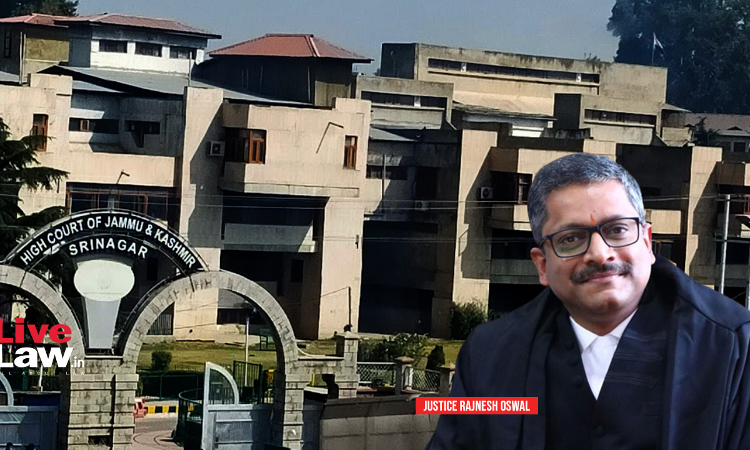The Jammu & Kashmir High Court has held that Section 482 of the Code of Criminal Procedure (CrPC) cannot be used to challenge the proceedings initiated under Section 12 of the Jammu and Kashmir Protection of Women From Domestic Violence Act, 2010 or the orders passed thereunder.The decision was passed by Justice Rajnesh Oswal in a petition filed under Section 482 CrPC seeking to quash...

